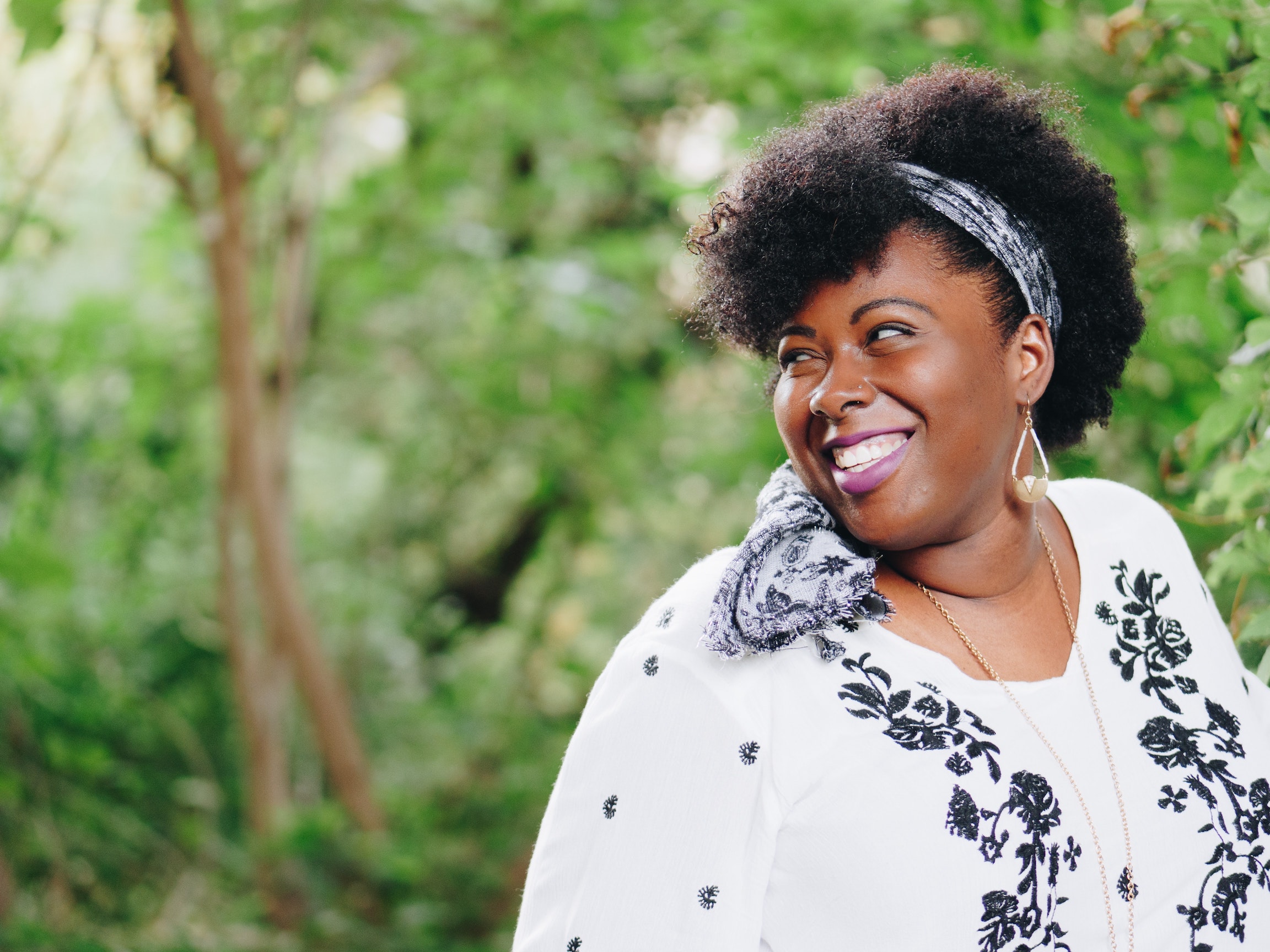How Can Therapist Help Black Lives Matter
From 2019 to 2020, there has been a 93% increase in the number of people taking anxiety screens. Between COVID isolations, elections, and social and racial inequities brought into awareness for many by the Black Live Matter movement, it’s no wonder that Black Americans faced more mental health challenges in the past year than ever before. And as a therapist, you may also be tasked with helping your clients navigate these new challenges.
But how can therapists help BLM? Therapists are in a unique position to make it clear that black lives do indeed matter. With training in group systems and intergenerational racial trauma struggles, therapists of all racial backgrounds can help clients. They can do this both individually and in their community through empowerment, advocacy work, education, and continued multicultural training.
Regardless of race, practicing a social justice-focused therapeutic modality can help. If you’re a therapist wondering how you can help the Black Lives Matter movement, read on.
Empowerment
Black Americans need support and empowerment. From the nation’s history of enslavement to daily racial injustices in modern life, there are evident inequities that black Americans face that require more in-depth conversations and changes. The task of changing the longstanding systemic inequalities in this country can feel daunting and, for many, has been the cause of increased anxiety and feelings of worthlessness.
If you’re a therapist looking to help the black community and care about racial justice, start by being honest with your clients. Maybe you’re a white person working in private practice in New York City or a white man practicing at a community health center in Minneapolis, South Carolina, Charleston, or Ferguson. Admit to yourself where you lack experience with the movement and acknowledge your privilege. Regardless of your racial background or where you practice, learning as much as you can about empowerment tools now can help. Become an ally.
Consider your therapeutic modality and theoretical orientation. Is it contemporary? Is it client-driven? Is it culturally competent and evidence-based? Are you trained in group systemics? All of these things, including looking at your own social lens and biases will matter more than ever when helping clients impacted by the issues brought to awareness by BLM and their impact on motivation and self-worth. If you’re seeing areas of weakness, consider further training, supervision, or reading cultural critiques of your modality and theoretical orientation.
Advocacy Work
While you can show your support by attending rallies for racial equality and police reform, there are many other ways you can use your professional skills to advocate for the Black Lives Matter causes. Join organizations that are increasing access to quality mental health care to underserved communities. This can help you learn to more accurately diagnose patients and better understand the nuances of the BLM movement. Consider ways to use your agency’s social media platform, provide educational materials, and raise awareness for BLM.
Continued Training and Bias Identification
Seek more training in equity and inclusion, shooting trauma, trauma-specific to black men, anxiety related to African Americans throughout the generations, and more. Helping black communities is not only done through highly visible roles such as a community organizer but also in one-on-one conversations in a therapy session.
Your work with black clients matters. In helping black people to feel more empowered, you’re giving them the tools they need to advocate for themselves after generations of systemic racial disadvantages. If you’re uncertain about your ability to help clients who struggle with racial issues, be honest about it. Identify your own biases and areas where you lack knowledge and get training to expand your social lens. If you don’t feel you’re a good match to help the Black Lives Matter movement, send clients to others you feel could help more.
In the meantime, if you’re a black person looking for help, reach out. To locate a therapist who specializes in working with marginalized people, including many in our practice at the Therapy Group of DC.

